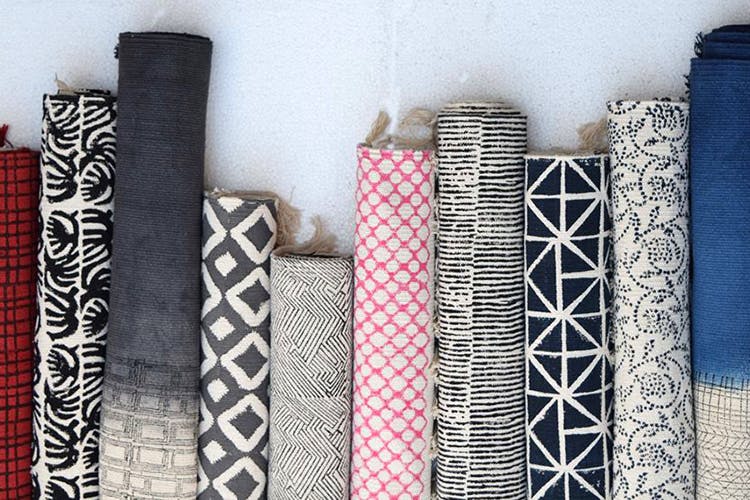In the dynamic world of textiles, distributers are at the forefront of innovation, continually pushing the boundaries of what is possible. This case study delves into the realm of innovative fabric technologies, spotlighting pioneering fabric suppliers and their contributions to shaping the future of the textile industry.
The textile landscape is evolving rapidly, driven by advancements in technology and a growing demand for textiles that offer more than just comfort and aesthetics. Fabric suppliers, keen on meeting the changing needs of consumers and industries, are embracing innovative technologies to create fabrics that are not only cutting-edge but also sustainable and functional.
Key Innovations in Fabric Technologies:
- Smart Fabrics and Wearables:
Fabric suppliers are integrating smart technologies into textiles, creating fabrics that can monitor health metrics, control body temperature, and even incorporate wearable technology seamlessly.
- Performance Fabrics with Advanced Coatings:
Suppliers are developing performance fabrics enhanced with advanced coatings for specific functionalities, such as moisture-wicking, antimicrobial properties, and UV protection, catering to diverse industries including sports, healthcare, and outdoor apparel.
- Nanotechnology in Textiles:
Nanotechnology is being employed to engineer fabrics at the molecular level, resulting in textiles with enhanced durability, stain resistance, and water repellency.
- Sustainable and Eco-Friendly Materials:
Fabric suppliers are exploring sustainable materials like recycled polyester, organic cotton, and plant-based fibers, responding to the growing consumer demand for eco-friendly and socially responsible products.
Innovative Fabric Technologies in Action:
- NanoWeaveTechFabrics – Water-Repellent Smart Fabrics:
NanoWeave, a leading fabric supplier, has developed a line of smart fabrics infused with nanotechnology. These fabrics not only repel water but also contain embedded sensors for monitoring hydration levels, making them ideal for performance sportswear.
- EcoFiber Solutions – Sustainable Innovations:
EcoFiber Solutions has embraced sustainability by introducing a range of fabrics made from recycled plastic bottles. These fabrics not only reduce environmental impact but also maintain high performance and durability, showcasing the compatibility of sustainability and innovation.
Market Impact and Future Considerations:
Consumer Preferences:
The adoption of innovative fabric technologies is influencing consumer preferences, with an increasing demand for products that offer a combination of functionality, sustainability, and technological integration.

Industry Collaboration:
Fabric suppliers are increasingly collaborating with other industries, such as technology and healthcare, to create fabrics that meet the evolving needs of a diverse range of applications.
Challenges and Opportunities:
Regulatory Compliance:
Fabric suppliers must navigate regulatory challenges associated with the use of certain technologies and materials, ensuring compliance with safety and environmental standards.
Education and Awareness:
Continued education and awareness initiatives are necessary to inform manufacturers, designers, and consumers about the benefits and applications of innovative fabric technologies.
Conclusion:
Fabric suppliersare at the forefront of a textile revolution, where innovation is not just a luxury but a necessity. As the industry continues to embrace smart fabrics, sustainable materials, and advanced coatings, fabric suppliers are playing a pivotal role in shaping a future where textiles are not only aesthetically pleasing but also technologically advanced and environmentally responsible. This case study serves as a snapshot of the transformative journey undertaken by fabric suppliers in the pursuit of innovative fabric technologies.

